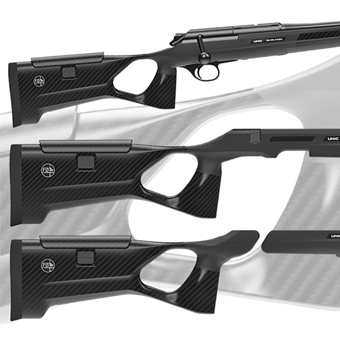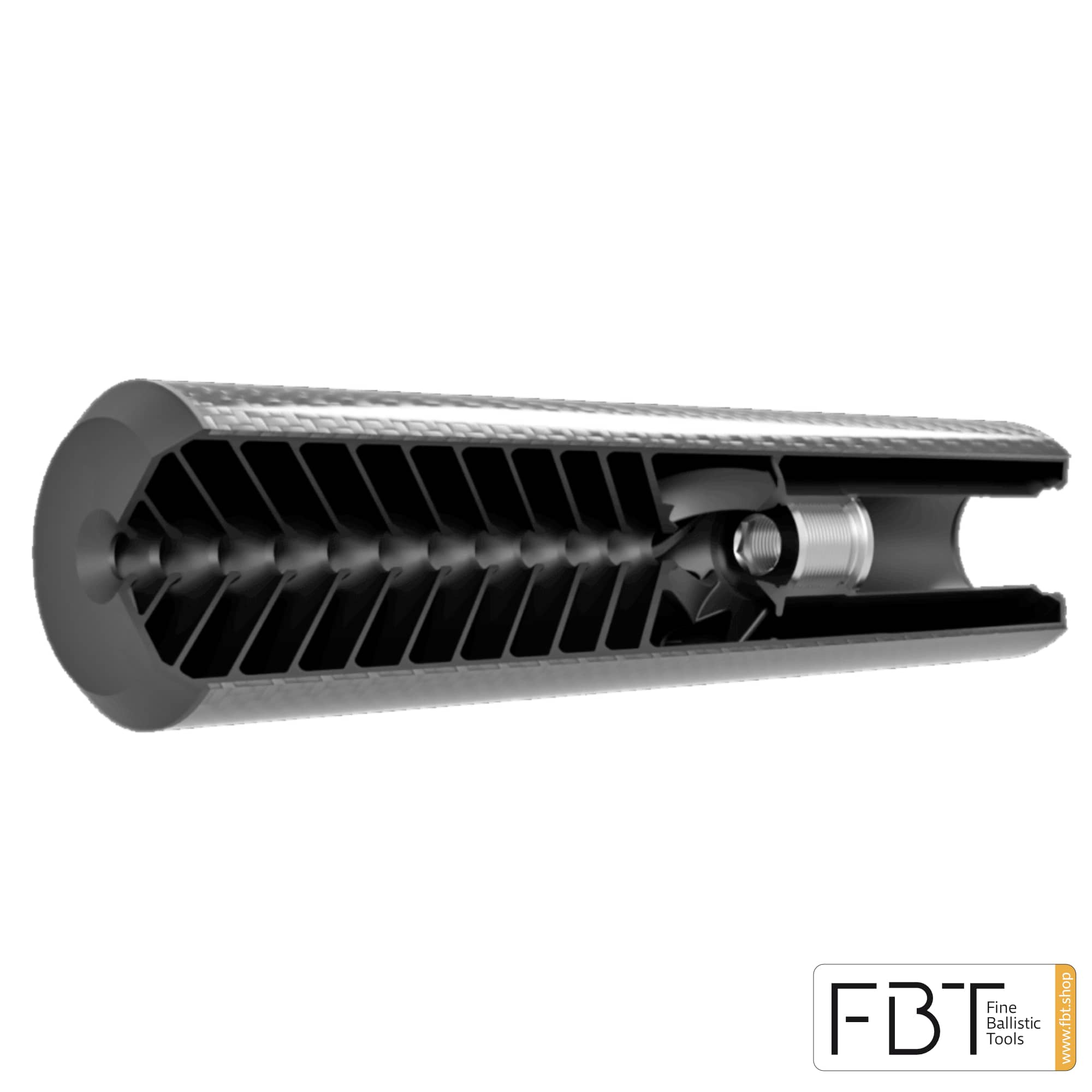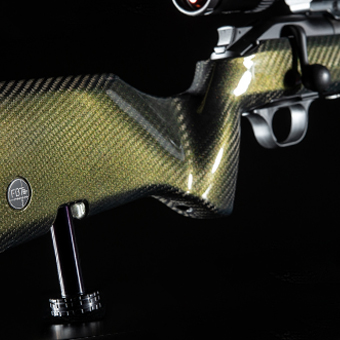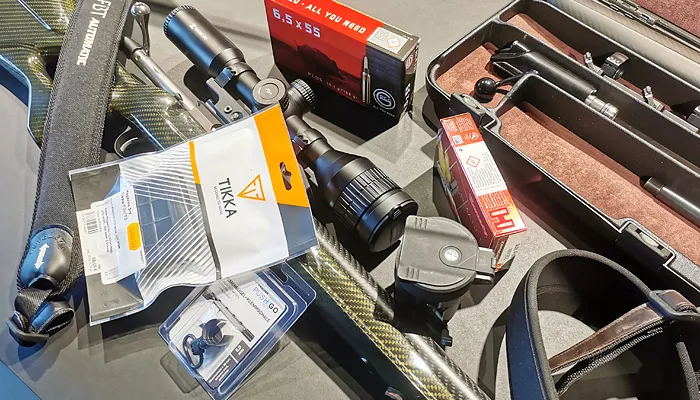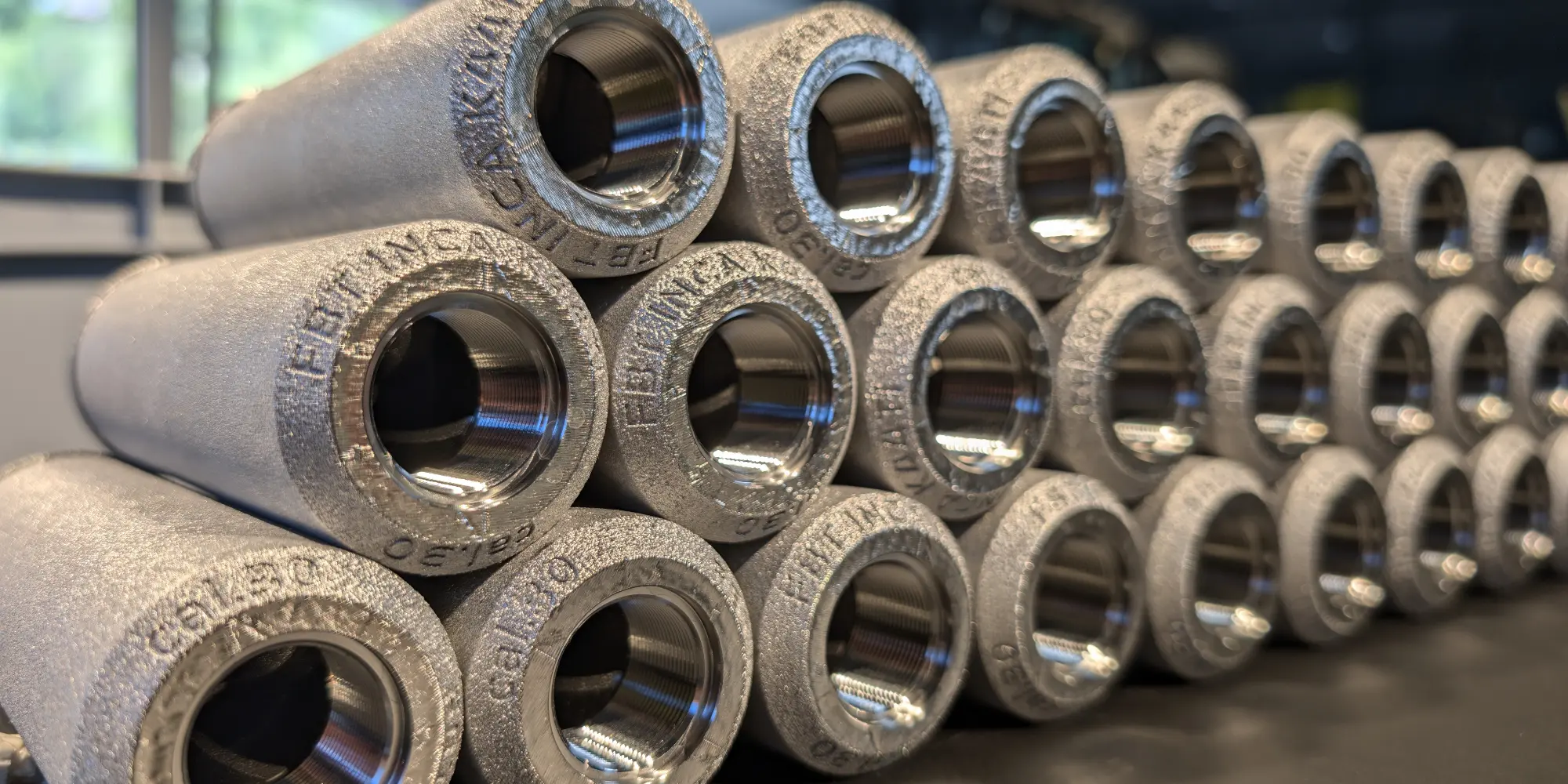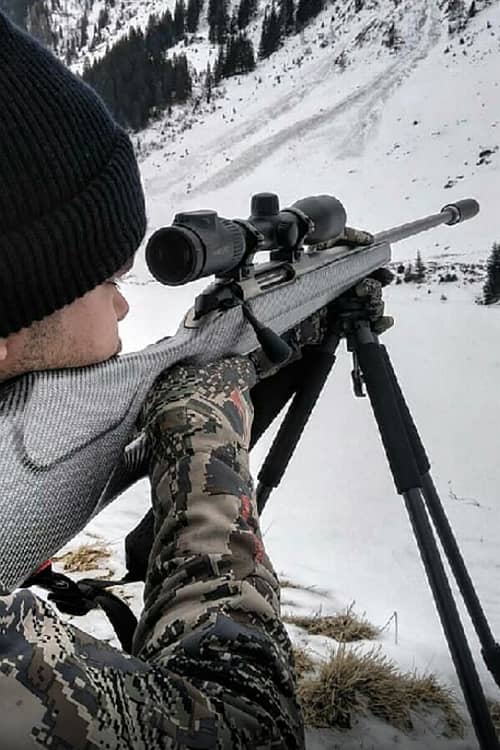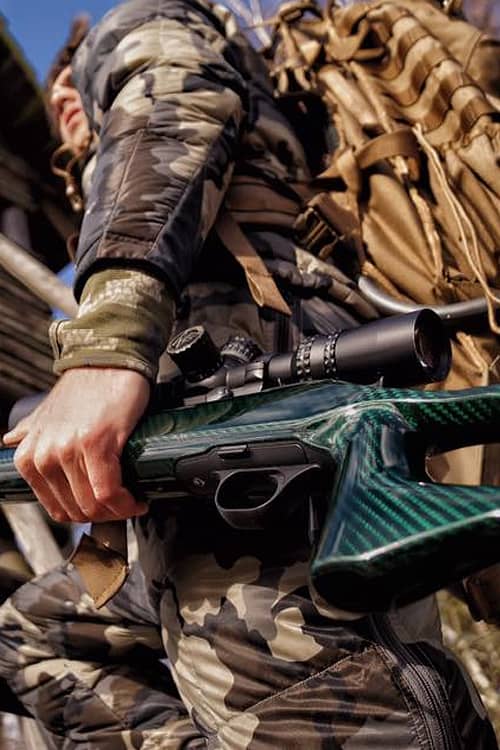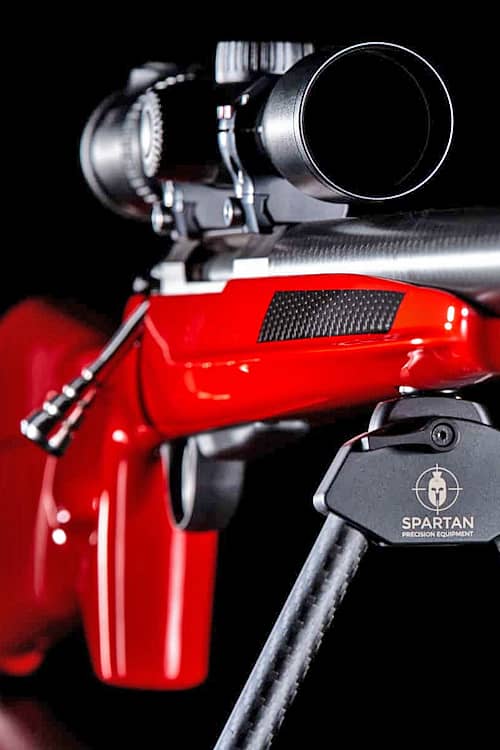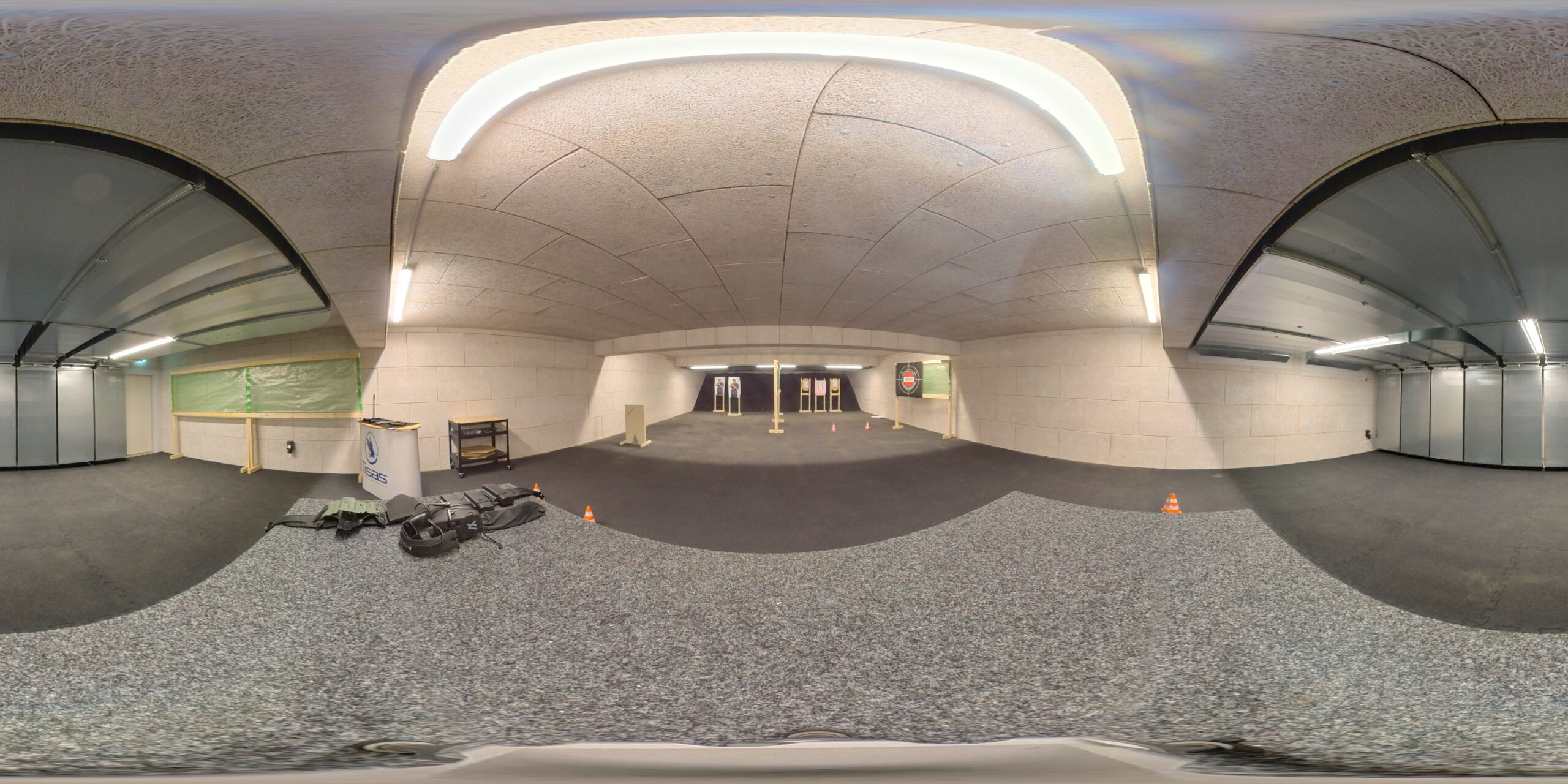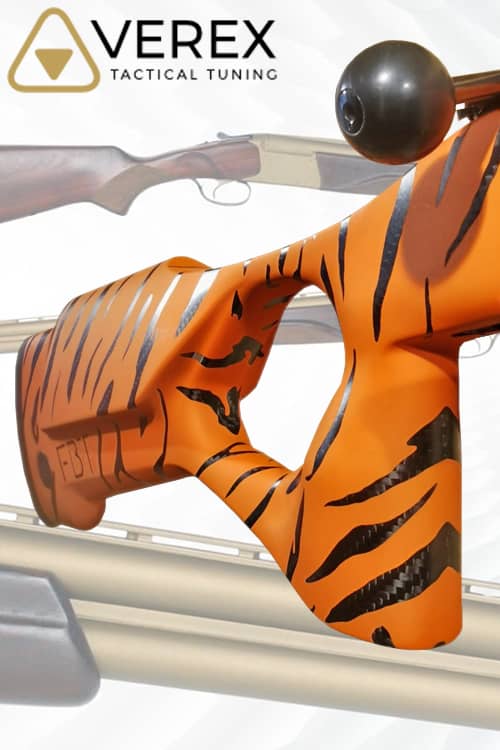Binoculars or binoculars for hunting - hide, stalking, mountains
Recommendation: Ideal binoculars for hunting, especially hide, stalking and mountain hunting
When hunting, binoculars must be very robust.
Hunters and huntresses belong, alongside ornithologists, to the most demanding customers for binoculars. Due to the many different hunting requirements, binoculars for hunters must first of all be particularly robust.
Observed and Hunting takes place in both summer and winter. Temperatures and weather conditions can be very unfavourable. Cold, snow, rain and fog can demand a lot from binoculars. The main thing here is to have high-quality binoculars that can function in all environmental conditions.
Based on these considerations, it makes a lot of sense to opt for quality instead of choosing binoculars from the cheap price segment in the short term.
The right binoculars depend on the hunter's type of use
If you are mainly on the prowl, you should go to a model with about 8x magnification reach. A big advantage of these binoculars is generally the large field of view. If, on the other hand, you are more in the hide, a higher magnification is advisable, for example.
Good binoculars also have a large field of view at 10x magnification. Field of vision from approx. 115 m to 1000 m. If you are hunting in the mountains, 10x is also an ideal choice. Experience has shown that a minimum lens diameter of 42 mm is recommended for 10x binoculars, as the larger lenses increase the size and weight of the binoculars.
The higher weight in turn increases the Inertia of the mass and the "trembling" (transmission through the hand) of the binoculars is avoided.
Light intensity - a major issue when sitting game - twilight hunting
If you use your binoculars mainly in the Dusk or dawn If you want to use a lens with a high magnification, you should make sure that the lens diameter is as large as possible so that a good view is guaranteed even in low light. Traditionally, the 56 mm lens with 8x magnification is always recommended.
In recent years, however, glass types have improved their light transmission to such an extent that even 7×42 and 8×42 extreme brightnesses can demonstrate. Relying solely on the calculated twilight number is no longer permitted.
It is important to know that extreme brightness is usually at the expense of colour rendering. This is why the greatest compromise usually has to be made here.
As a hunter, you unfortunately have to make compromises if you only want 1 pair of binoculars
As the different applications in hunting show, if you only want to buy one pair of binoculars, you will always have to make compromises. The optimum model for each type of hunting is fundamentally different and is also the reason why many hunters often own 2-3 pairs of binoculars.
An advantage with e.g. HAWKE is that you can buy at least 2 binoculars for the price of one binocular of the high-price brands. without having to compromise.
An ideal hunting combination from FBT, for example
8×30 + 8×56 or 10×56 or one 8×30 + 10×42
General binoculars comparison and suitability by objective lens diameter
| Luminous intensity | Lens | Utilisation |
| low | 25mm | Lightweight and small pocket binoculars Ideal for normal lighting conditions |
| medium | 30mm, 32mm | Small all-round binoculars Ideal until early twilight |
| medium higher | 42mm, 45mm | All-round binoculars Ideal until (late) dusk |
| high | 50mm, 56mm, 60mm | Heavier night glasses for astronomy, for low light conditions, in the evening and at night |
Binoculars comparison and suitability by magnification
| Magnification | medium |
| 7x, 8x, 8.5x, 10x, 10.5x | Binoculars for sport, nature observation, astronomy, travel, ornithology, safari, observation General scope for selection: Small and handy with low light intensity or high light intensity with normal size and weight |
| Magnification | high |
| 12x, 15x | Binoculars for birdwatching, nature observation, safari, security, surveillance or border protection |



